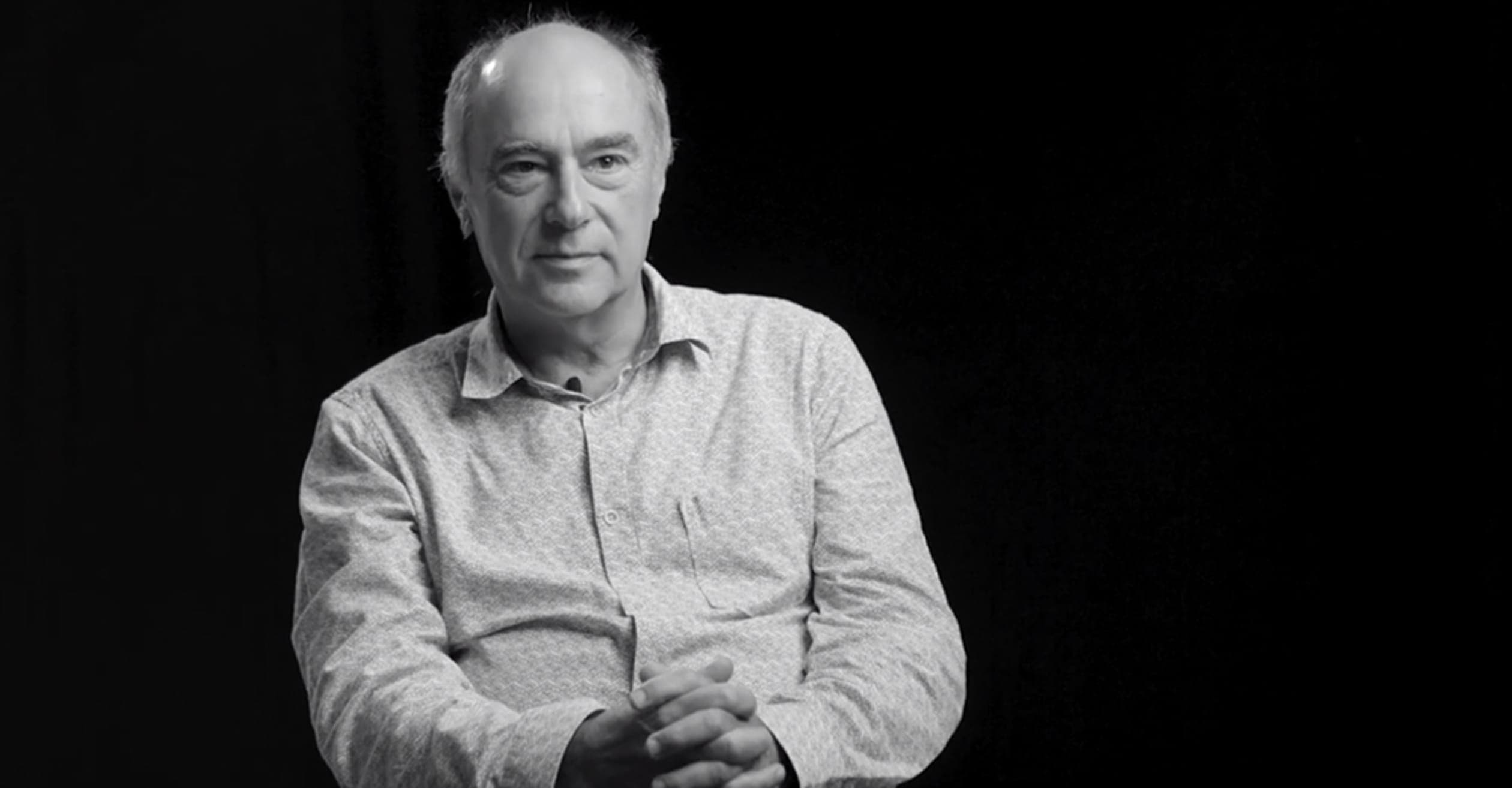Q&A
MI in Health Care

How can Motivational Interviewing (MI) help promote behavior change in a healthcare setting? Learn from the source with MI co-founder Stephen Rollnick.
Q
When do we use Motivational Interviewing in health care?
A
Q
What do you wish frontline healthcare practitioners knew about MI?
A
Q
What is ambivalence and how can motivational interviewing help?
A
Q
Can burnout in health care be prevented?
A
Q
What advice would you give an overwhelmed primary care physician on how to start putting Motivational Interviewing into practice?
A
Q
How do I sell training our staff in motivational interviewing to my organization as a staff well-being initiative?
A
Q
Why do people often have ambivalence about their health?
A
Q
How can motivational interviewing help with "resistant" and "non-compliant" patients?
A
Q
Is there evidence linking the use of Motivational Interviewing in health care to a reduction in complaints to regulation bodies and litigation against health practitioners?
A
Q
Can motivational interviewing be used in brief consultations in health care where time pressure is an issue?
A
Q
I train medical staff in motivational interviewing. It is generally very well received, especially in experienced practitioners who can see the value of this approach. Any tips for motivating young, trainee doctors to be interested in this approach? What skill/s would you prioritize teaching them?
A
Q
What are the basic principles of Motivational Interviewing in a health care setting?
A
Q
What are the goals of Motivational Interviewing in health care?
A
Q
How does motivational interviewing improve the quality of communication with patients in a health care setting?
A
Q
I do only group therapy with revolving dual diagnosis patient groups, and rarely have an opportunity to do any prolonged one-on-one counseling. Can MI be applied in this type of situation? Thanks!
A
Q
We are now seeing patients via telemed, many by phone only encounters. Some of these patients are already well known to our team but others much less so. Meaningful encounters by phone are proving challenging; do you have any guidance for MI by phone?
A
Q
What are the limitations of motivational interviewing in health care?
A
You may also like